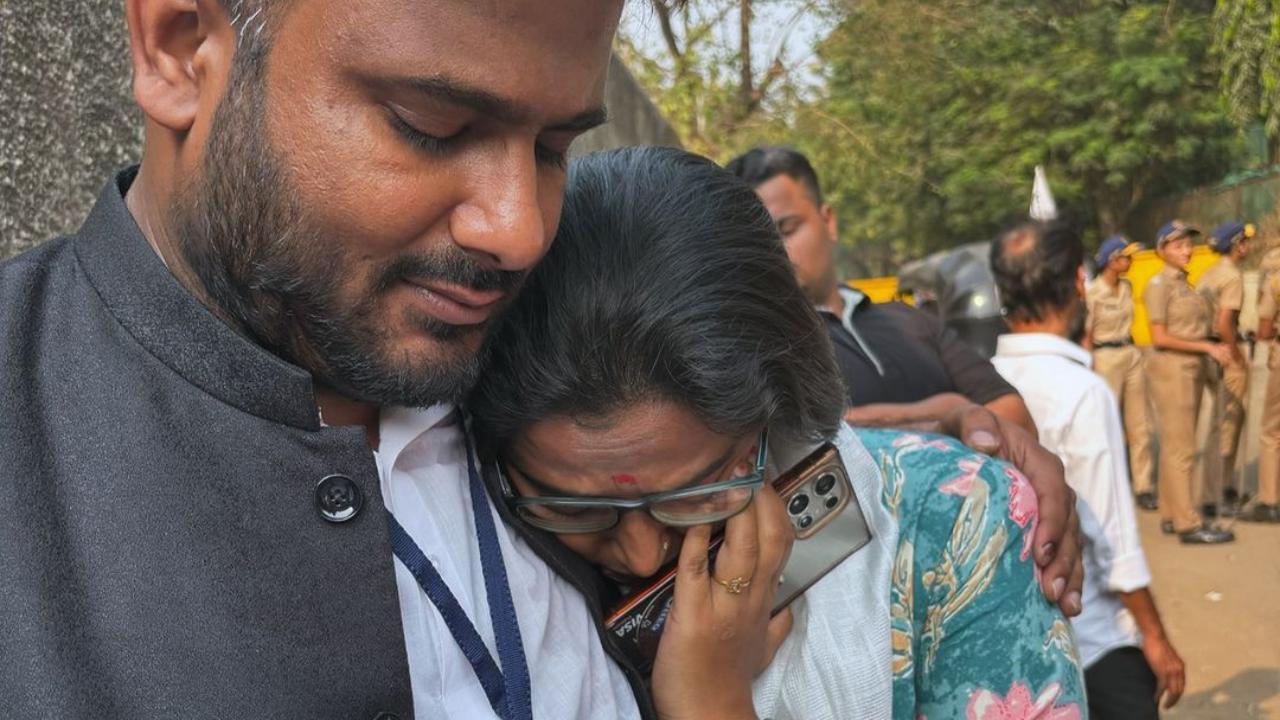
The New Zealand cricket team is celebrating a monumental achievement after achieving what many thought was beyond reach. By ending India’s impressive streak of winning 18 consecutive Test series at home, a record standing since 2012, the Kiwis have rewritten a significant chapter in cricket history. However, their ambitions don’t stop there; they are now poised to challenge another benchmark held by Rohit Sharma and his men. With a series win in their sights, New Zealand is on the brink of becoming the first team to achieve a whitewash against India in a series consisting of three or more Test matches. This would be a historic accomplishment in the realm of cricket.
The last time India failed to secure a victory in a home Test series was back in the year 2000. During that series, South Africa clinched the victory in a two-match affair with a clean sweep of 2-0. The Proteas, led by Hansie Cronje, showcased their dominance by winning in Mumbai by four wickets and then by an innings and 71 runs in Bengaluru. It was a challenging phase for India, with cricket legend Sachin Tendulkar serving as captain. Throughout that series, India struggled to assert themselves, failing to reach the 250-run mark in any of the four innings. In stark contrast, South Africa delivered an all-round performance, their best batting effort being an imposing 479 runs.
Delving into the annals of cricket history, we see that the last instance when India couldn’t muster a win in a three-match Test series at home was in 1997. Facing Sri Lanka, led by Arjun Ranatunga, India, once again captained by Tendulkar, found themselves unable to secure a victory. This historical narrative is a stark reminder for current captain Rohit Sharma and his team as they teeter on the edge of creating an unwanted record in this series against New Zealand.
. With the added pressure of India’s position in the ICC World Test Championship (WTC) final under threat, the stakes have never been higher.
Attention is now firmly fixed on the conditions at Mumbai’s Wankhede Stadium, known for its testing pitches. Such conditions demand tactical ingenuity and resilience from teams aiming to adapt and conquer. This focus comes following India’s setback on a spinner-friendly track in Pune, where the team succumbed to a disappointing defeat. With the WTC final berth at risk, it has become imperative for the Indian team to secure victories in almost every match from this point forward.
The broader implications of this series are not lost on the cricketing fraternity. For the Indian cricket team, which has historically been a formidable force at home, this series is not just another contest. It is a crucial juncture that might redefine their strategies and approach moving ahead. Moreover, for New Zealand, this series represents an opportunity to inscribe their names in the history books by delivering an unprecedented performance against one of cricket’s powerhouses.
As the series progresses, the global cricket community waits with bated breath to see how events will unfold. Will New Zealand carve out a new chapter by securing a series sweep, or will India find a resurgence, staving off an encroaching whitewash and keeping their WTC final aspirations alive? In this battle of skills and strategies, every session of play carries immense significance.
In conclusion, the core drama of this series against New Zealand encapsulates the unpredictability and thrill inherent to cricket. As India grapples with preserving their home fortress reputation, New Zealand, with an eye on history, are determined to topple their hosts and emerge victorious. The outcome, whatever it may be, promises to be a spectacle that fans and analysts will remember for years.










